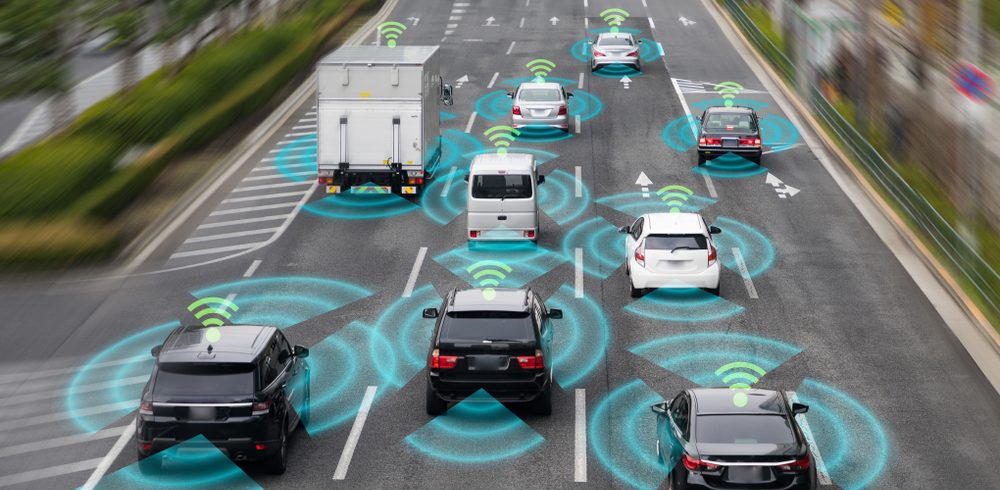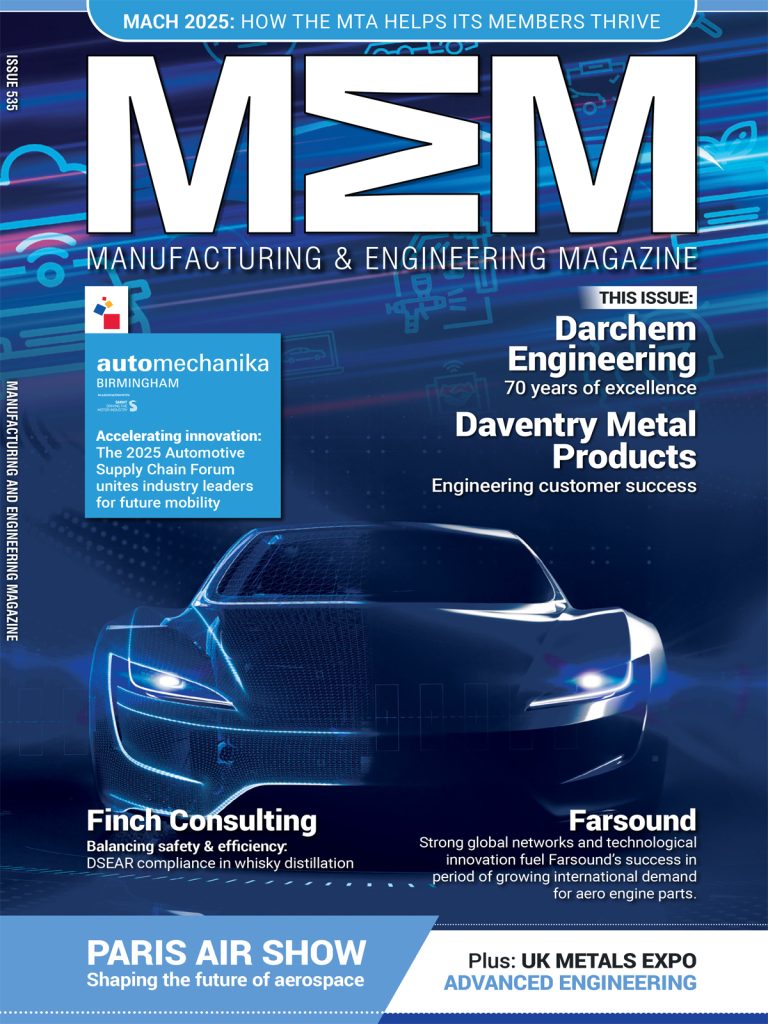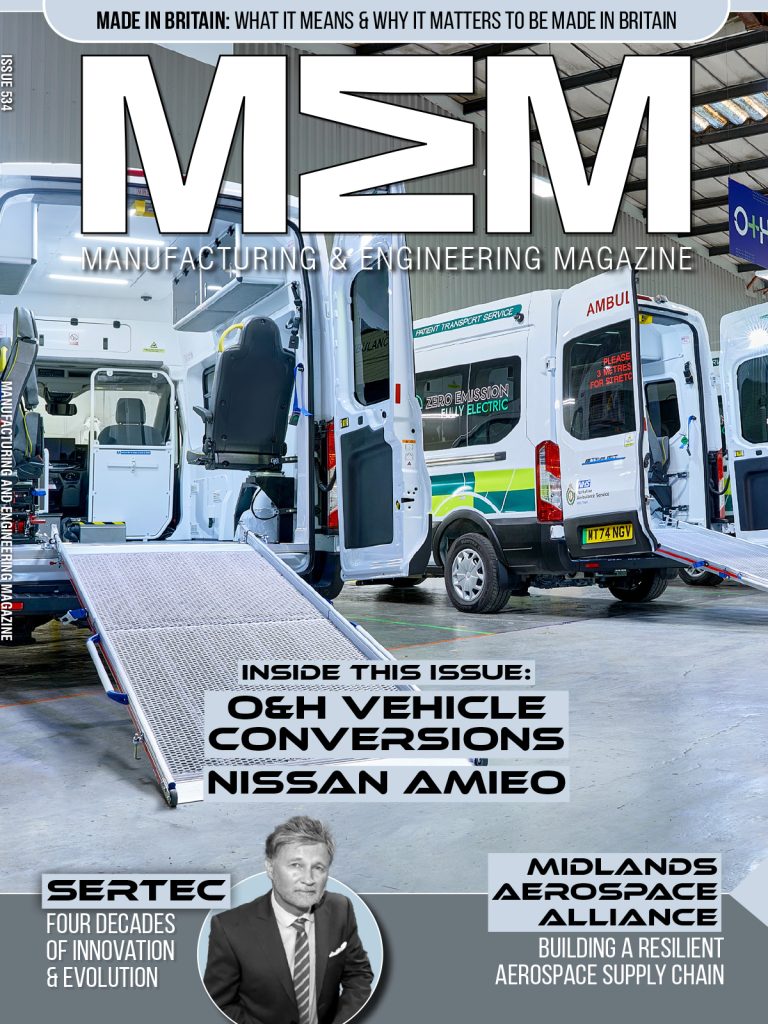Google has already gone a long way to ruling the world. Its fingers are in so many pies it’s difficult to keep up. Turning its attentions to new technology in the world of transport, it’s driverless cars are, increasingly, becoming a thing of the present, not the future. Yet, Google, with its seemingly infinite capital, won’t be deterred by any setbacks. But with the revelation that its self-driving vehicle hit a bus recently, it might need to readdress its R&D while attending to the wounds of its futuristic car brand.
In the US, the crash was no surprise. However, Andrew Foxx, the government’s transport secretary who claimed setbacks such as this were inevitable, said we must prepare ourselves for imperfect new technology as development continues. We shouldn’t, he said, compare emerging vehicles “against perfection”.
I wonder what car or car’s he referring to as being “perfect”. Surely not VW’s! Google has trialled different versions of its driverless technology – using what it calls Google Chauffeur – in various manufacturer’s cars such as the Audi TT, Toyata Prius and Lexus RX450h. It has also developed its own customer car which is assembled by partner Roush Enterprises using equipment sourced from Continental, ZF Lenksysteme and Bosch.
Foxx’s comments came at the technology festival South by Southwest in the state of Texas. He was there to announce which seven US cities were in the running to receive special government funding to further develop smart technologies. Austin was one of them while San Francisco, Denver, Columbus, Pittsburgh, Kansas City and Portland also reached the last stage of the funding competition with $40m on the line.
He remains guarded on future technology, however. He says it might put people out of work. But driverless cars are a thing he continues to push for. It helps having the support of the Obama government which has put in place $4bn to achieve a range of goals surrounding self-driving vehicles. This includes regulatory controls for autonomous cars.
He brushed aside Google’s self-driving car crash as a matter of probability. He challenged critics with the statistics that cited the number of crashes that happened that day involving human error. Perhaps he forgot to mention the number of traditionally operated vehicles versus the number of self-driving cars on the road. That might colour the statistics in a more negative light…

















